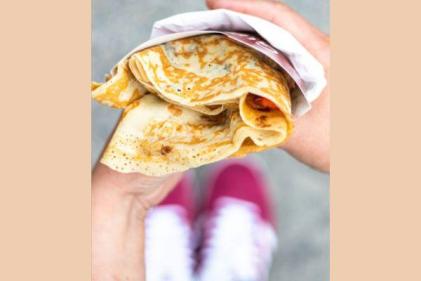Microplastic exposure is something we should all be worried about. These tiny particles are in the food we eat, the water we drink and the air we breathe. For first-time parents, protecting newborns against unnecessary microplastic exposure is a key concern. Recently, researchers identified traces of microplastics in breast milk. While there is only so much that expectant mothers can do to limit their own exposure, protecting your little one once it's born is far easier. One of the simplest ways to steer away from these problematic microparticles is to look for products with a BPA-free label. However, these products aren't completely safe. In fact, the average child feeding via plastic bottle is exposed to upwards of a million microplastic particles, every day. To make life easier, it's best to ditch plastic in favour of glass products.
Why is glass such a great material?
When shopping for baby bottles, it's always best to go for glass. Plastic bottles are certainly practical, but you're more likely to release microplastic particles every time you sterilise them at high temperatures. Even shaking a bottle of formula or breast milk before feeding time can increase exposure to these particles.
Although there's always a chance of breakage with glass, it's a far better material for health-conscious parents looking for a safer choice for feeding time. Short of dropping a bottle at a height, there's little chance of breaking a glass bottle. Something like a Lansinoh glass bottle is far more durable than a plastic alternative. You can heat to high temperatures without the worry of the material shattering, while superficial scratches and warping aren't something you're going to have to worry about. Glass bottles are slightly more expensive than their plastic counterparts, but you won't have to worry about the expense of constantly replacing them.
The hard-wearing nature of glass also makes bottles made from it easy to clean. Once feeding time is finished, you can stack those empty bottles into the dishwasher. You don't have to worry about high water temperatures warping the shape of your bottle. What's more, there aren't any harmful chemicals in the materials that are going to leach out during the dishwasher cycle.
Things to consider before buying glass bottles
Although glass bottles aren't as lightweight as plastic ones, they're the clear winner if you're looking for a safer and eco-friendly alternative. However, not all glass bottles are created equal. For peace of mind, keep an eye out for any painted finishes. Any bottle with a printed motif or painted measurement lines might contain harmful chemicals like lead. If the paint is on the outside of the bottle, there's no chance of it coming into contact with your baby's meal.
However, you can still contaminate your skin during handling, which you can in turn pass on to your child. Additionally, there's a chance these chemicals can pollute the inside of bottles if you're cleaning them in a dishwasher at high enough temperatures. For safety's sake, look for glass bottles with etched markings instead.







